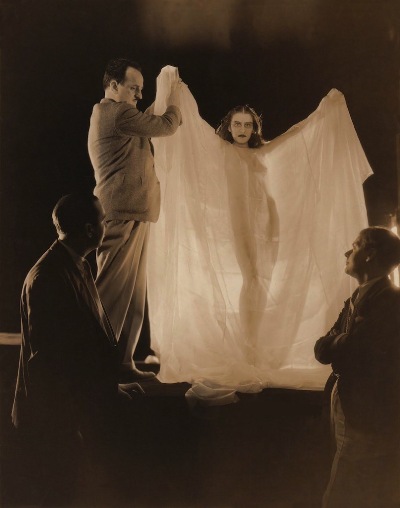 We’re all auteurists now. The notion that the director is primary author of a film, once a fringe idea debated in little magazines and grindhouse theater lobbies, is now the implicit premise of movie production, criticism, and advertising. When 3 Days to Kill is promoted as “A McG Film” and Pompeii is, contractually speaking, “A Film by Paul W. S. Anderson,” we must recognize that the debate is well settled.
We’re all auteurists now. The notion that the director is primary author of a film, once a fringe idea debated in little magazines and grindhouse theater lobbies, is now the implicit premise of movie production, criticism, and advertising. When 3 Days to Kill is promoted as “A McG Film” and Pompeii is, contractually speaking, “A Film by Paul W. S. Anderson,” we must recognize that the debate is well settled.
In our era of automatic auteurs, the contentious critical arguments of generations past can seem downright quaint, if not fitfully obscure. The once-controversial figure of the writer-director is a case in point.
In the earliest years of cinema, production roles were rarely delineated: actors and directors could improvise a scenario on standing sets, or a cameraman might call the shots. A quintessentially industrial art thrived on a pre-industrial division of labor. The growth of the studio system in the late 1910s and 1920s gradually forced filmmakers into more rigidly defined roles. The transformation culminated with the coming of sound, which introduced the idea of the modern screenwriter—not a semi-literate scenario scribbler or a witty intertitle aphorist, but someone who resembled a professional Broadway playwright.
The moguls aspired to employ sharp, college-educated playwrights, but the working conditions they offered were frequently demeaning and atrocious: no matter how fine a script was, the studio machinery would insist upon re-writes. The script would be passed from one employee to another as a matter of habit. One cannot overstate how thoughtlessly this imperative unfolded in practice. The process that birthed Midnight (1939) may be apocryphal, but it remains illustrative: unsatisfied with Billy Wilder and Charles Brackett’s draft, Paramount threw the script into the rewrite pool and programmatically assigned the task to another team—Wilder and Brackett, as it turned out, who submitted their uncorrected ‘revision,’ which was judged a tremendous improvement.
